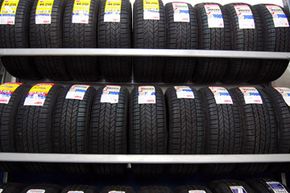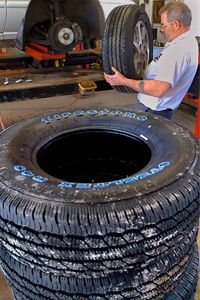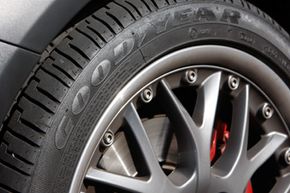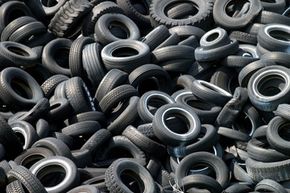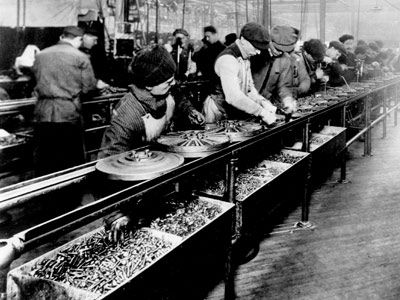When Americans purchase food products from grocery store shelves, many of those products have a sell-by date or even a "good before" date that indicate the last possible day a company can legally sell that product or the date when the product will become rotten or spoiled. These dates are used to protect the consumer from food that could possibly harm them if purchased or consumed too late. But what about other products we use, like car parts, should they have sell-by dates, too?
If you talk with your mechanic when your car's getting fixed, he'll probably won't mind telling you what area of the car he repaired, the main auto parts that were replaced and he might even tell you some additional auto part information, like how long a specific component you just bought might last before it goes bad. Car part longevity isn't a new idea; in fact, car manufacturers affix warranties on new cars and trucks which tell you how long certain parts are guaranteed for, but one important part of your car often goes unnoticed when it comes to auto part longevity: the tires.
Advertisement
We all know that tires have to be replaced after the tread wears down, but some reports show that tires can actually go bad long before this happens. Tires are built to withstand thousands of pounds of weight and can endure some pretty harsh environments, but over time a tire can lose some of its strength and cease to function the way it was designed, even if its tread is still deep. Some individuals and safety groups are calling for a little more car part information disclosure, like a sell-by date or expiration date for tires, in order to protect consumers.
On the next page, we'll find out why tires may need this expiration date in the first place.
Advertisement
